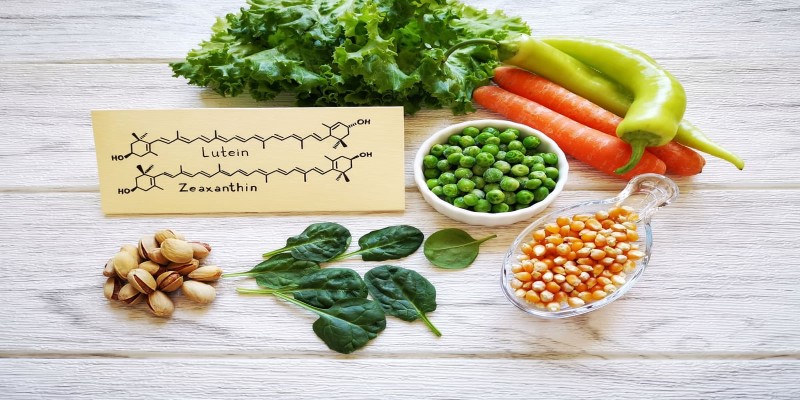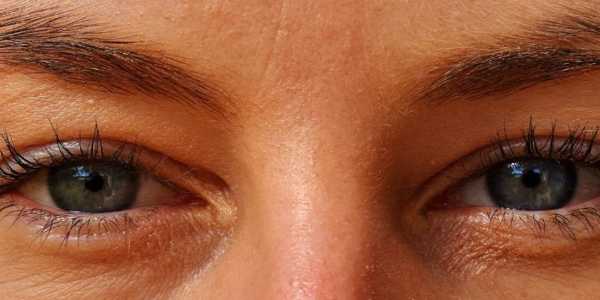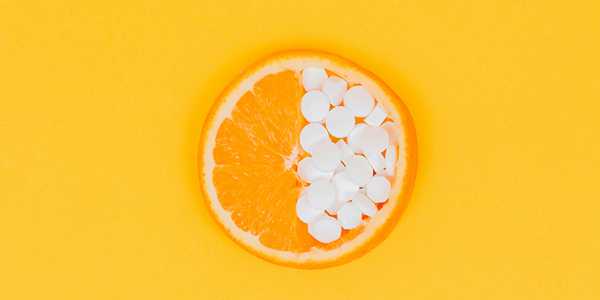Do Lutein and Zeaxanthin Really Improve Your Eyesight?
Tired of squinting at your phone screen or struggling with night driving? You’ve probably seen ads for eye supplements claiming to “protect your vision” or “sharpen your eyesight.” Two names you’ll notice again and again? Lutein and zeaxanthin.
But here’s the real question: are they the real deal—or just more wellness hype?
Let’s break it all down. What are these mysterious compounds, what do they actually do, and should you be taking them? Here's a no-fluff guide backed with real insights and examples, not marketing promises.
What Exactly Are Lutein and Zeaxanthin?

If you've never heard of these two, you're not alone. But your eyes are already familiar with them. Lutein and zeaxanthin are plant-based antioxidants called carotenoids—the same family as beta-carotene (think carrots). These pigments are what give yellow, orange, and dark green fruits and veggies their color. But more importantly, they’re found in high concentrations in one particular part of your body: the retina, especially in the macula. In simple terms, they’re part of your eyes’ natural defense system.
So, What Do They Actually Do?
Think of lutein and zeaxanthin as your eyes' internal sunglasses.
They help absorb harmful blue light and protect against oxidative damage—a key contributor to long-term eye problems. That’s why researchers are particularly interested in how these nutrients may help with:
• Age-related macular degeneration (AMD)
• Cataracts
• Eye fatigue from screens
• Visual sharpness
But here’s the kicker: your body can’t make these nutrients on its own. You have to get them from food—or supplements.
What the Research Really Says
Now comes the big question: do lutein and zeaxanthin actually work?
The strongest evidence we have comes from the AREDS2 study—a major clinical trial sponsored by the National Eye Institute. In short, researchers followed thousands of people with intermediate or advanced macular degeneration. When lutein and zeaxanthin were added to a daily supplement formula (replacing beta-carotene), the results were encouraging.
Here’s what stood out:
• People who took the lutein and zeaxanthin combo had a 10–25% reduced risk of AMD progression, especially if they were low in those nutrients to begin with.
• No harmful side effects were reported, even over many years of daily use.
• Those who had poor diets benefited the most.
While this doesn’t mean everyone should rush to the nearest pharmacy, it does suggest that these nutrients matter—especially as we age.
Can They Improve Vision If You Don’t Have an Eye Disease?
Here’s where things get more nuanced.
If your eyesight is already healthy, you probably won’t notice a dramatic change just from popping lutein pills. They won’t replace your glasses. But some smaller studies suggest they might help with:
Better contrast sensitivity
Making it easier to see in low light or bright glare
Faster visual processing
Useful for athletes and gamers alike
Reduced eye strain

Especially for people who stare at screens all day
Example: A study published in Nutrients in 2017 showed that healthy young adults who took lutein and zeaxanthin supplements for six months had measurable improvements in visual processing speed and glare recovery.
So no, these won’t turn you into a superhero. But they might give your eyes an edge, especially in our screen-heavy lifestyles.
Are You Getting Enough From Your Diet?
Here’s a simple test: how often do you eat spinach, kale, or corn?
Lutein and zeaxanthin are found in leafy greens (spinach, kale, collard greens), as well as in yellow and orange foods like corn, eggs (yes, the yolk counts), and bell peppers. On average, most people in the West only get about 1 to 2 mg per day, while eye health experts suggest at least 6 to 10 mg daily for protective benefits.
Translation: if salad isn’t on your plate often, you’re probably falling short.
Food or Supplements: What Works Better?
Ideally, food first. Always.
Whole foods come with bonus nutrients—like vitamin C, zinc, and omega-3s—that work synergistically with lutein and zeaxanthin. But supplements can help fill the gap, especially if:
• You have early signs of macular degeneration
• You’re over 50 and concerned about long-term vision
• You work in front of screens all-day
• Your diet is low in colorful vegetables
Look for products that offer 10mg of lutein and 2mg of zeaxanthin per serving—this mimics the most studied and effective ratio from AREDS2.
Real People, Real Results
Let’s keep it real. Supplements are everywhere—but results vary.
Case 1: Jenna, 42, graphic designer
“I was getting awful headaches and blurry vision by 3 p.m. every day. My optometrist recommended a supplement with lutein. I didn’t expect much, but within two weeks, the eye fatigue got noticeably better.”
Case 2: Mark, 67, retired teacher
“I have a family history of macular degeneration, so I started taking an eye formula with zeaxanthin and lutein five years ago. My eye exams have been stable ever since, and I’ve had no progression.”
These aren’t miracle stories—but they show the potential impact of consistency.
Any Side Effects or Risks?
The good news? These compounds are safe for most people, even in high doses.
They’re fat-soluble, so they’re best absorbed with meals that contain a little fat (think avocado, nuts, or olive oil). The only potential downside? Taking them in extreme excess might cause your skin to develop a yellow-orange tint—but this is rare and harmless. As always, if you’re on medication or managing a chronic condition, talk to your healthcare provider before starting any supplement.
Who Should Consider Taking Them?
You might want to consider a supplement if:
• You're over 50
• You spend 6+ hours a day in front of a screen
• You smoke or have smoked in the past (oxidative stress is higher)
• You have a family history of AMD or cataracts
• You eat a limited diet lacking in vegetables
But if you’re young, healthy, and eating a balanced, colorful diet? You may be getting enough naturally.
So—Are They Worth It?
If you're hoping to toss your glasses in the trash, lutein, and zeaxanthin aren’t going to perform miracles. But if you’re serious about long-term eye health—especially as you age—then yes, they’re worth paying attention to.
They’re safe. They’re backed by solid research. And for many people, they offer a real (if subtle) benefit. Want better eye protection and maybe a slight visual edge? Add more greens to your meals—or talk to your doctor about supplementation. It’s a small step that could make a long-term difference.





